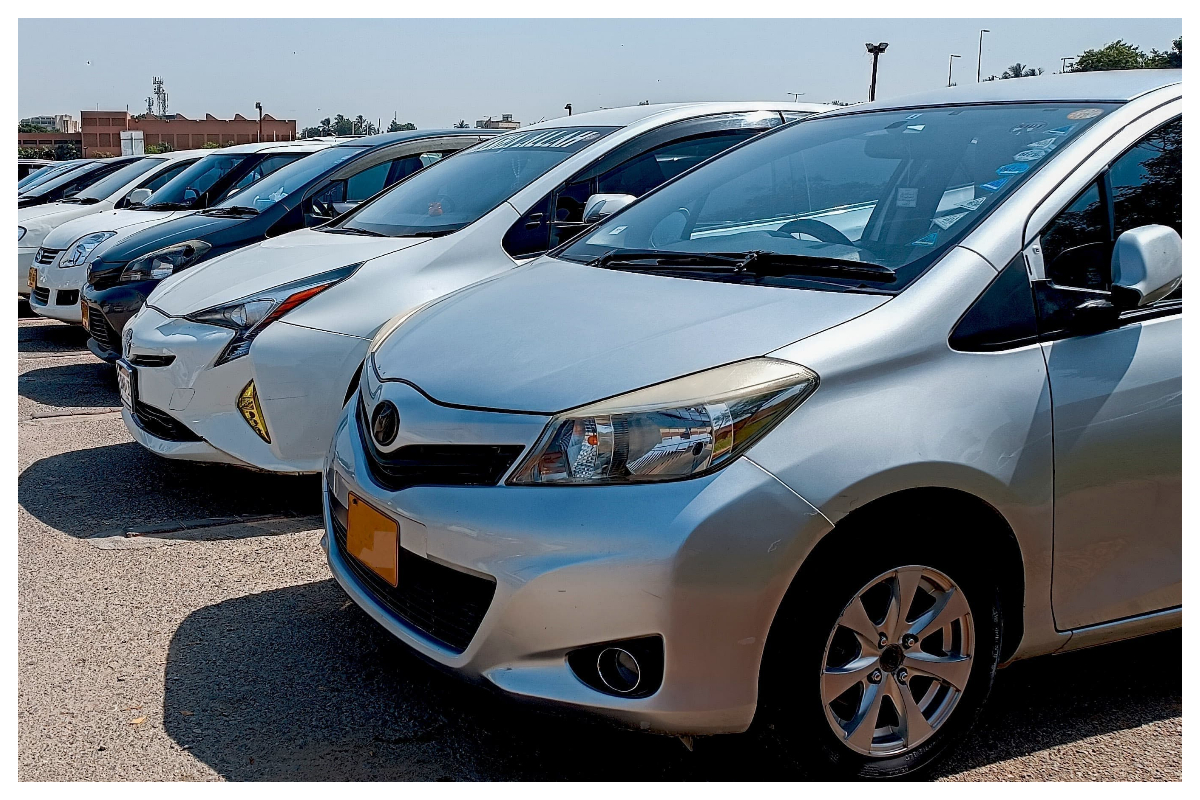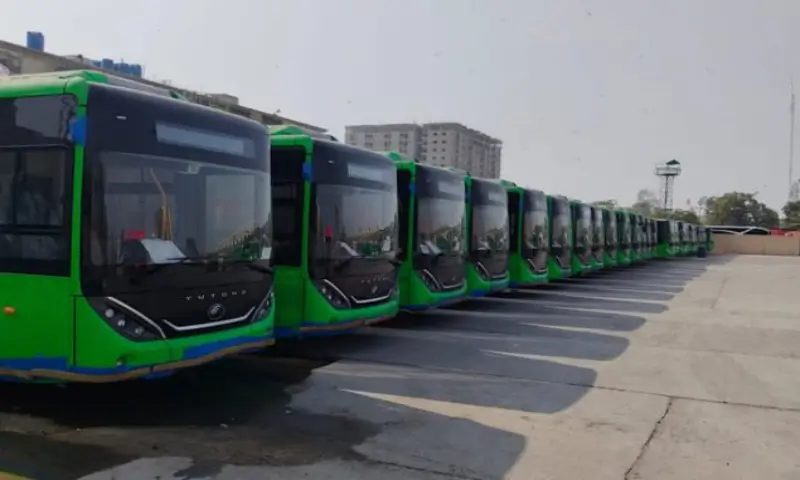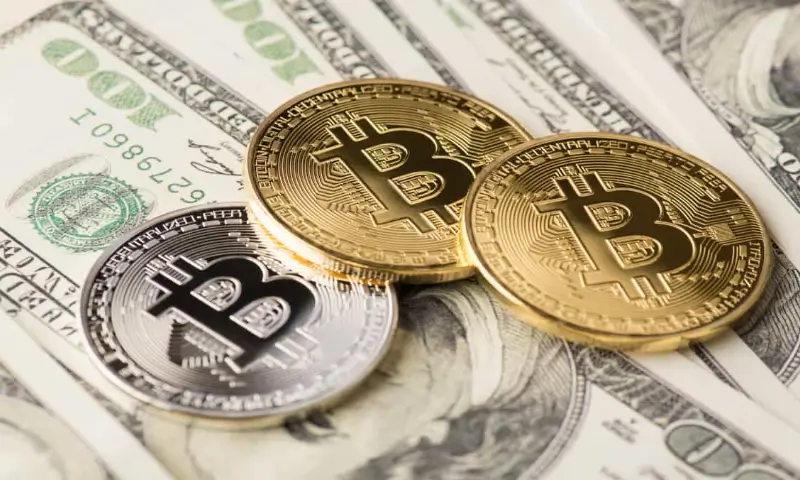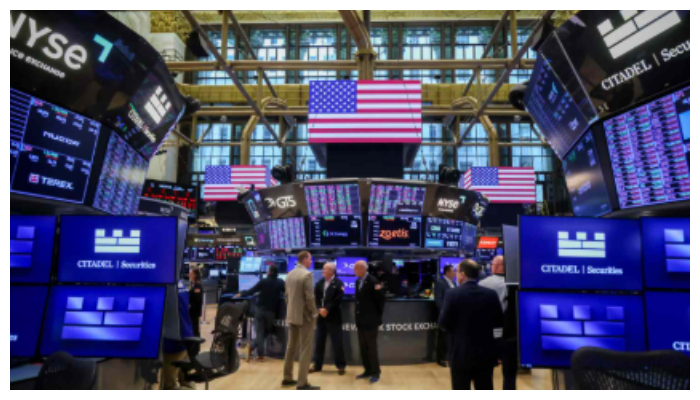- The Punjab government approved the Punjab Finance Bill 2024-25.
- The Punjab govt introduced a new token tax policy for vehicle owners.
- The lifetime token tax for 1000cc vehicles has increased to Rs20,000 from Rs15,000.
In Lahore, the Punjab government approved the Punjab Finance Bill 2024-25, which includes various amendments to the Punjab Motor Vehicles Taxation Act.
The Punjab government proposed changes to the Motor Vehicles Taxation Act, introducing a new token tax policy aimed at vehicle owners in the region.
Under the new rules, a new owner of a vehicle with an engine capacity up to 1000 cc will be required to pay the full token tax again upon transferring ownership.
Punjab Annual Token Tax
Following the approval of Budget 2024-25, the annual token tax for cars will now be calculated based on the invoice value rather than engine capacity.
| Engine Capacity | Annual Token Tax |
|---|---|
| 1000cc to 2000cc | 0.2% of the invoice value |
| Exceeding 2000cc | 0.3% of the invoice value |
Lifetime Token Tax
The lifetime token tax for 1000cc vehicles has been increased to Rs20,000, up from the previous fee of Rs15,000.
When transferring ownership of a 1000cc vehicle, the new owner must pay the lifetime token tax, which includes a 10% annual discount if the transfer occurs within 10 years. However, if the transfer happens after 10 years, no lifetime token tax will be charged.
[embedpost slug=”/air-ticket-prices-to-rise-in-pakistan-amid-new-stamp-duty/”]
The new changes will help the government generate higher taxes from newer, more expensive vehicles.
This move aims to boost tax revenue and promote transparency in vehicle transactions. However, it also imposes a greater financial responsibility on vehicle owners, especially those buying more expensive cars. The policy’s impact on the automotive market and tax compliance over time is yet to be fully understood.





















